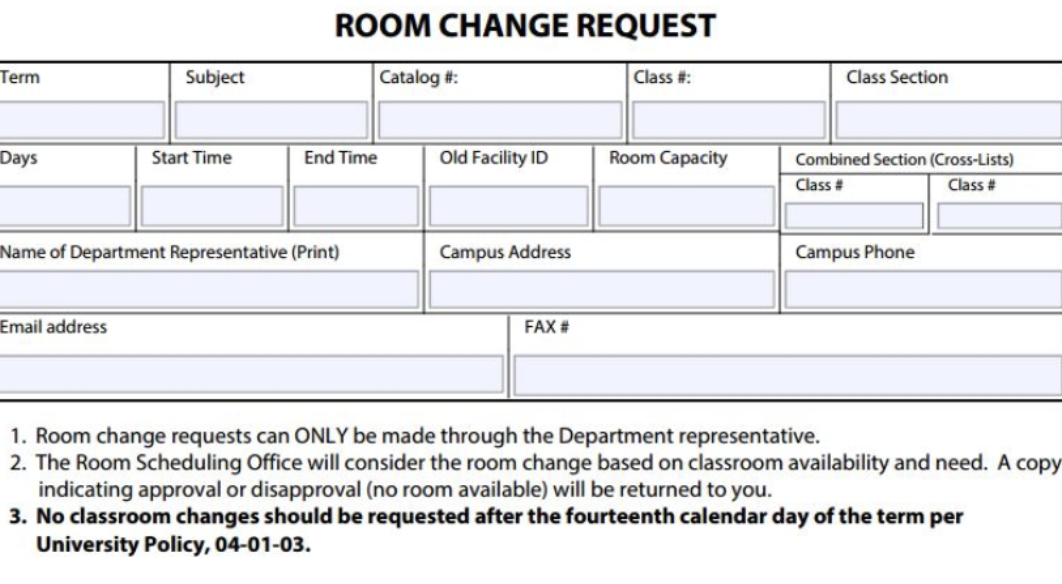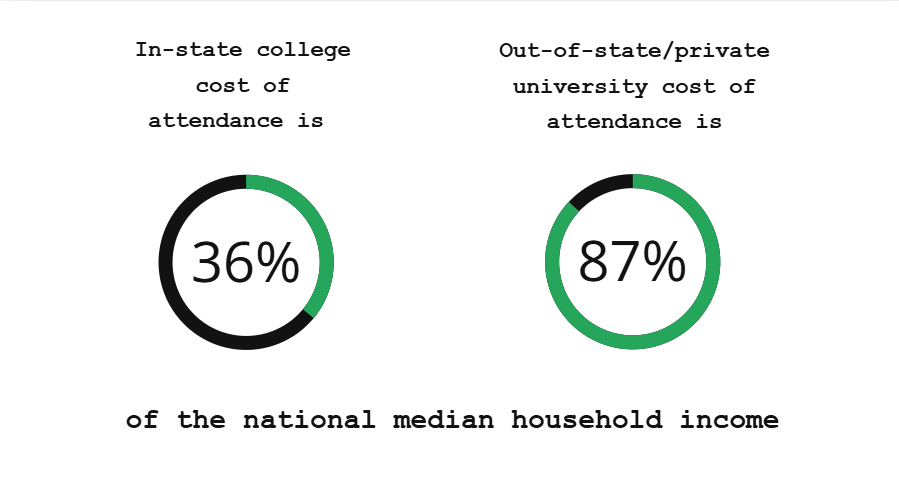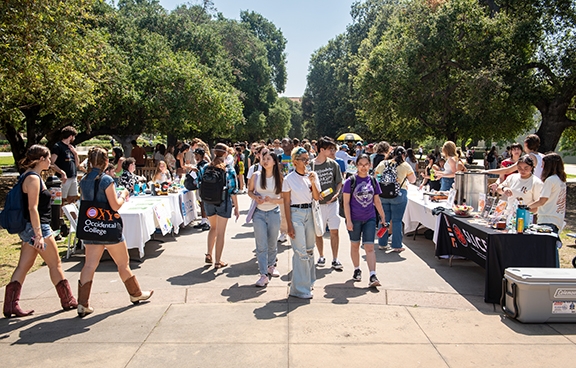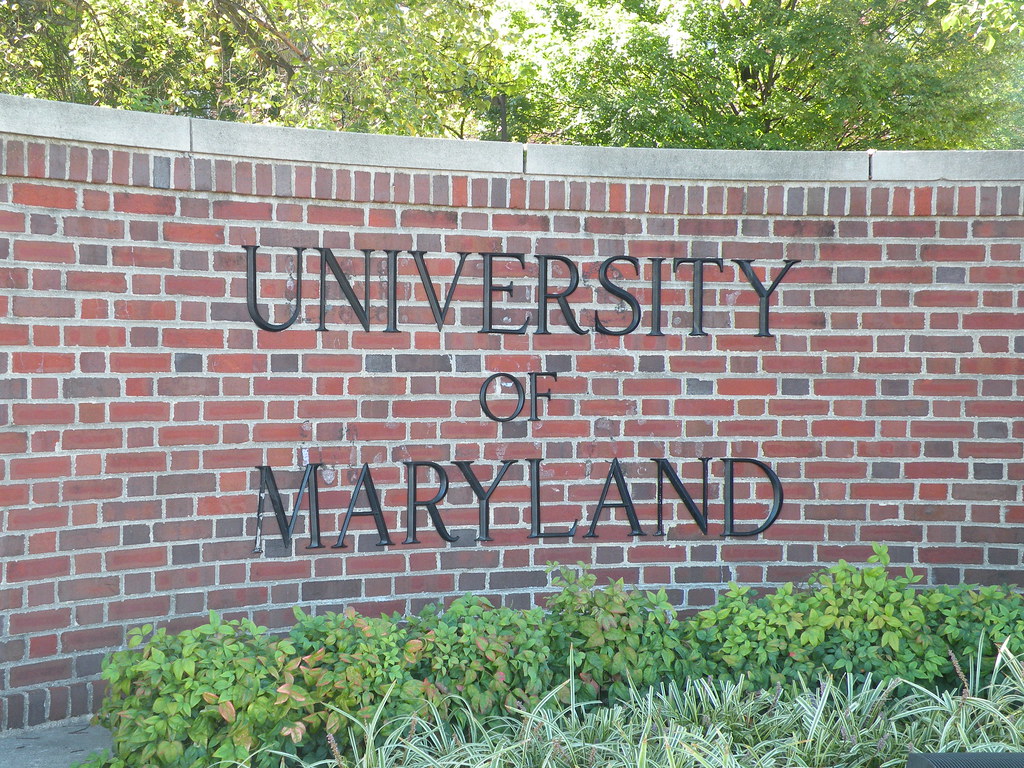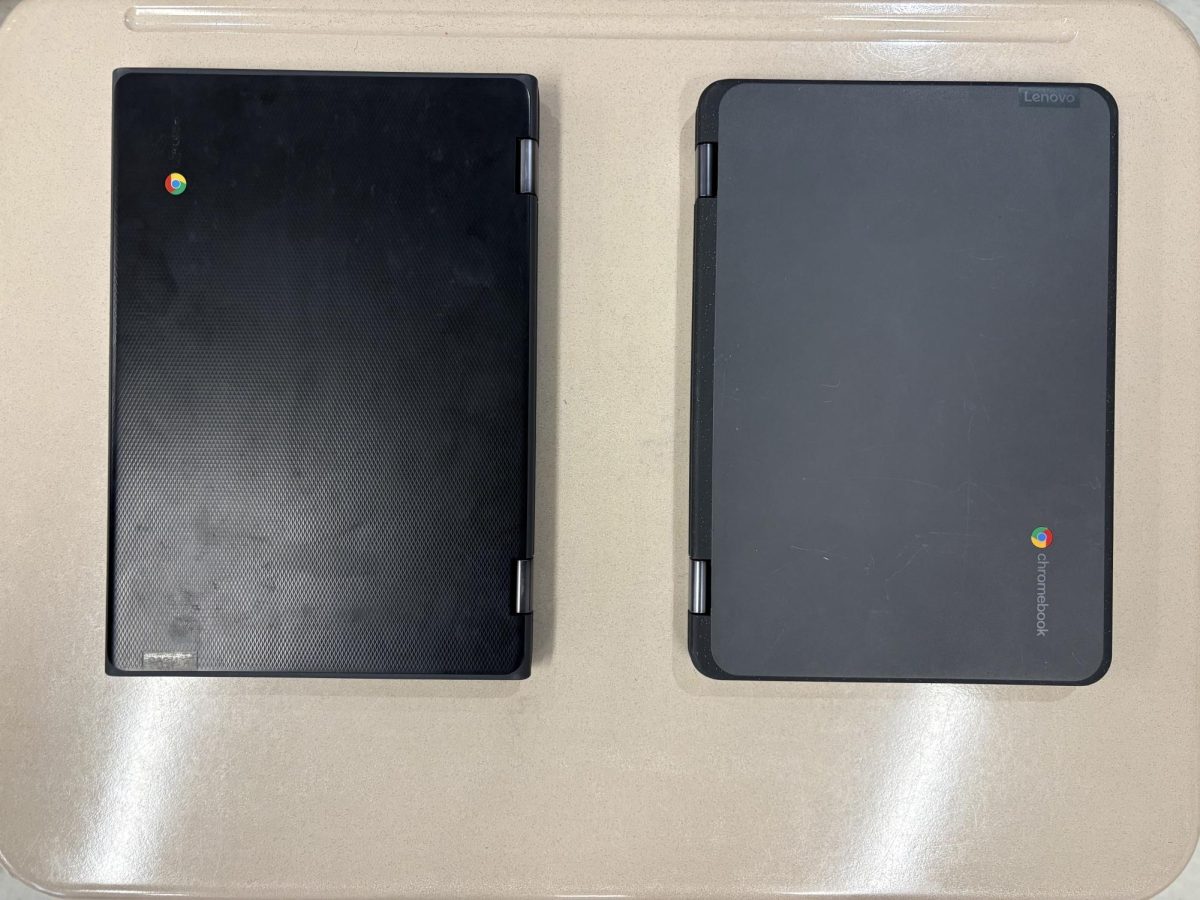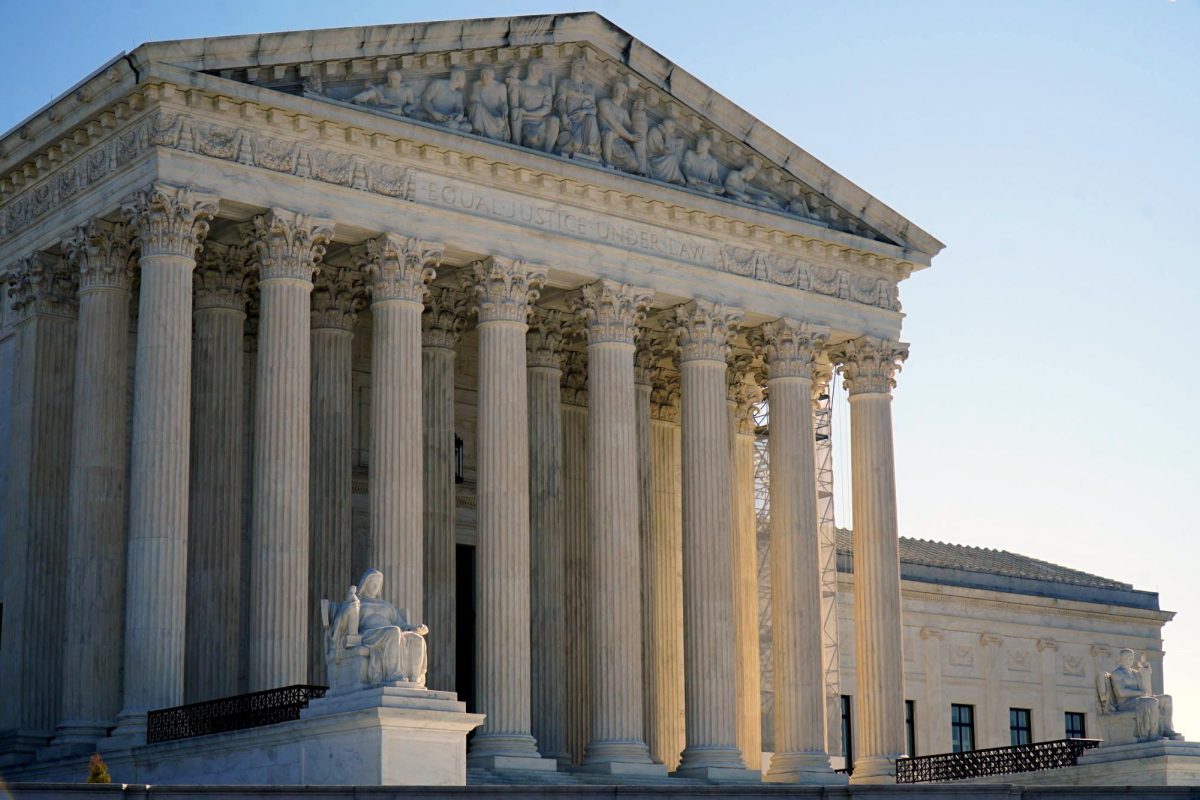When the novel coronavirus began to spread throughout the country, it quickly created numerous challenges and facets of higher education. Many test-makers and centers had previously canceled the planned test sessions from before COVID-19 and rescheduled them for as far away as December of 2020. But even so, this historic movement of many liberal art schools implementing new test-optional policies has brought on new and unforeseen choices for many freshman applicants.
The test-optional policy simply means that students are not required to send standardized test scores for their applications, and so the decision primarily falls on the student. For students who do decide to go the test-optional route on their applications, universities have come up with the alternative “holistic” admissions approach which allows applicants to have all of their factors considered from their whole high school career and not a mere test score.
“I studied for the SAT for so long, but once so many colleges started to give us test-optional choices I felt so much better knowing that I didn’t have to work so hard about a useless test anymore,” senior Rakeb Halleriam said.
Many juniors and seniors relate to Halleriam and feel like the stress of having to perform well on standardized tests has been lifted from their busy schedules.
As the test-optional trend continues to sweep the nation, more and more universities continue to change their policies each month. Fairest.org reports that currently, more than 1,300 colleges and universities no longer require the SAT or ACT as part of their application process. Many universities have even taken light upon the new policy and have decided to remain test-optional until 2024 or in some cases, permanently.
“I honestly think that all of those tests are just scams for the college board to exploit students and get money. I’m glad that colleges are finally coming to their senses and realize that they don’t need SAT or ACT scores to see potential within students,” junior Yuli- Sierra-Cabrera said.
Test-optional policies have also given recruiting students a new perspective on Ivy league schools, as many of them have also announced that they were applying the policy for 2020- 2021 applicants only. In a recent message to potential applicants, Princeton’s dean of admission, Karen Richardson said, “while our policy has long been that SAT subject tests are recommended but not required, now seems the appropriate time to reiterate that applicants who do not submit subject tests will not be disadvantaged in our process.”
It is still unclear whether more institutions will also follow this policy, but as the effects that COVID-19 has had on the admission process continue to evolve, more information will be available.




